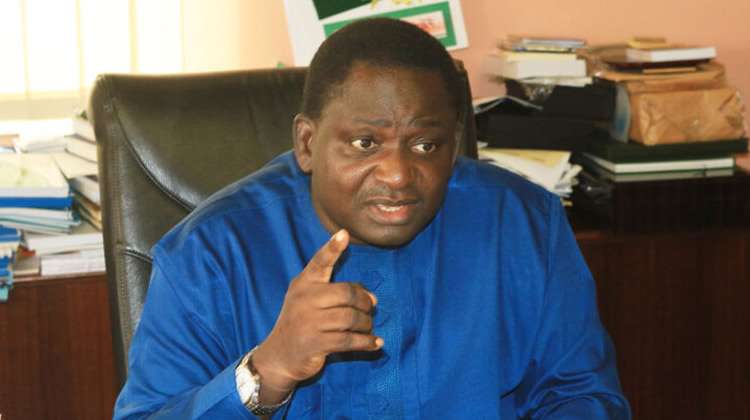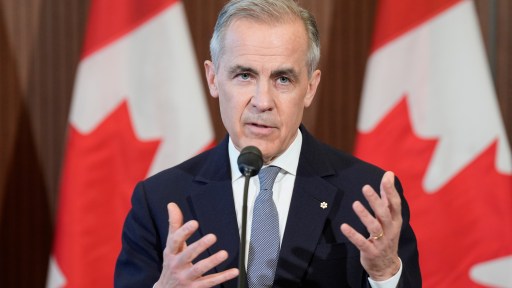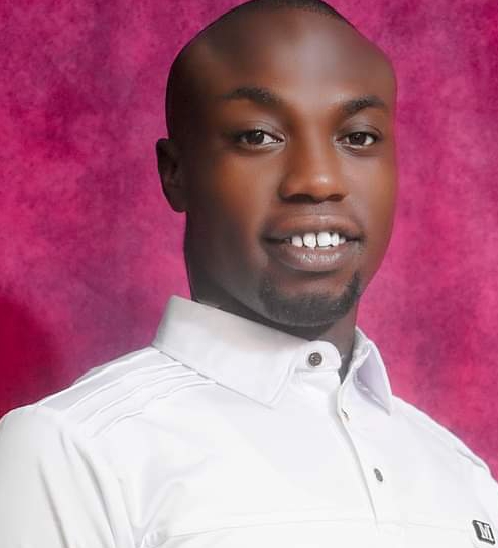Femi Adesina’s Attempted Transformation: An Insult to the Memories of Nigerians. By ChidiEkeh


In the realm of Nigerian politics, few figures have generated as much controversy and frustration as Femi Adesina, former Spokesperson to ex-President Muhammadu Buhari. His recent endeavors to rewrite his narrative and distance himself from his role as a mouthpiece for the Buhari administration demand our scrutiny. It is imperative that we hold him accountable and, in the process, send a clear message to media professionals entangled in the web of political manipulation.
Adesina’s assertions that the media intentionally misquoted him during his tenure as presidential spokesperson are dubious at best. Such claims are not only disingenuous but also insult the collective memory of Nigerians who endured eight tumultuous years under the Buhari administration. The nation witnessed a series of challenges that ranged from human rights violations to economic instability. To blame the media for his own missteps and to attempt a revisionist history is an affront to the truth.
Under the Buhari administration, the promise to uphold the rule of law and guarantee press freedom was overshadowed by a litany of violations. The right to life came under threat, freedom of movement became precarious, and the security of lives and property remained a pressing concern. Journalists who dared to report truthfully faced punitive measures, and individuals expressing their opinions on social media were silenced. President Buhari’s disregard for the rule of law and his stifling of freedom of speech and dissent were evident for all to see.

Femi Adesina’s role in defending his boss, regardless of the mounting evidence of misgovernance, reflects a troubling aspect of political communication in Nigeria. He consistently emphasized President Buhari’s successes while dismissing critics as “wailers.” Such a stance not only demonstrates a lack of objectivity but also perpetuates the divisive rhetoric that has plagued the nation. To dismiss valid criticism as mere noise and to accuse Nigerians of wanting to “order” the president around is a disservice to the principles of democracy and accountability.
It is crucial to recognize that media professionals like Adesina are not alone in their entanglement with politicians. Throughout Nigeria’s political landscape, we find journalists and communicators who have allowed themselves to be used as tools in the hands of politicians. They compromise their integrity and willingly participate in the laundering of their bosses’ images while the nation’s patrimony is plundered.
This is a stark reminder that media professionals must prioritize their role as watchdogs of society. The Fourth Estate’s primary responsibility is to hold those in power accountable and to provide the public with accurate and unbiased information. Journalists should never become mere mouthpieces for politicians, sacrificing their ethical obligations for the allure of proximity to power.

As Femi Adesina attempts to rewrite his own history and cast blame on the media, we must remember that the truth remains unaltered. Nigerians endured hardships, and their voices should not be silenced or mischaracterized. Adesina’s efforts to reinvent himself cannot erase the memories of those who suffered. His attempt to change the narrative inadvertently insults the very people he claims to have served.
In conclusion, Femi Adesina should embrace his place in history, warts and all, and refrain from distorting the truth. We must also use this moment to call upon media professionals attached to politicians to reflect on their roles and responsibilities. The integrity of journalism must be preserved, and the media should serve as a beacon of truth, shining a light on the actions and decisions of those in power. Only by doing so can we ensure a more transparent and accountable political landscape for Nigeria and safeguard the memories of those who have endured the consequences of political actions.
Chidi Ekeh writes from Abuja




